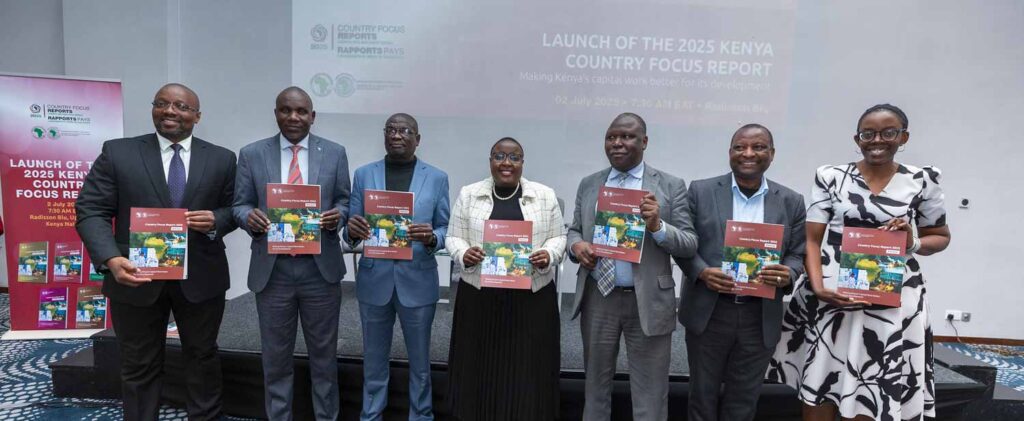Kenya is losing billions of shillings every year to corruption, illicit financial flows, and state capture, eroding investor confidence and slowing economic growth, the African Development Bank (AfDB) has revealed.
According to the Kenya Country Focus Report 2025, titled “Making Kenya’s Capital Work Better for its Development,” systemic governance failures are costing the country the equivalent of five per cent of its GDP annually about Sh194 billion ($1.5 billion).
The report highlights inefficiencies in public spending amounting to Sh650 billion each year, alongside tax exemptions and incentives draining another Sh105 billion. These losses, AfDB notes, could have transformed healthcare, education, and infrastructure.
While Kenya has achieved macroeconomic stability, including a stronger shilling and lower inflation, weak governance and entrenched corruption continue to undermine these gains. The report points to state capture, where political elites influence law-making and enforcement for private benefit, weakening institutions and deterring investors.
“Potential investors fear biased rulings, delays and lack of transparency,” the AfDB observed, citing weaknesses in the Judiciary and oversight bodies as major deterrents to investment.
Kenya ranked 121st out of 180 countries in Transparency International’s 2024 Global Corruption Perceptions Index, scoring 32 out of 100. It has also been grey-listed by the Financial Action Task Force and added to the EU’s high-risk countries list for money laundering.
The findings mirror a string of scandals, including the Sh6.6 billion edible oil import deal, Kemsa’s Sh10 billion medical supplies scandal, and the Sh104 billion Social Health Authority digital system saga.
AfDB warns that unless governance failures are addressed, Kenya’s projected 5.3% GDP growth in 2025 will not translate into equitable development. The bank calls for tighter spending controls, stronger oversight institutions, and an independent judiciary to restore public trust and curb corruption.
“Ultimately, the rule of law and transparent governance are the foundations for sustainable economic growth and social equity,” the report concludes.

